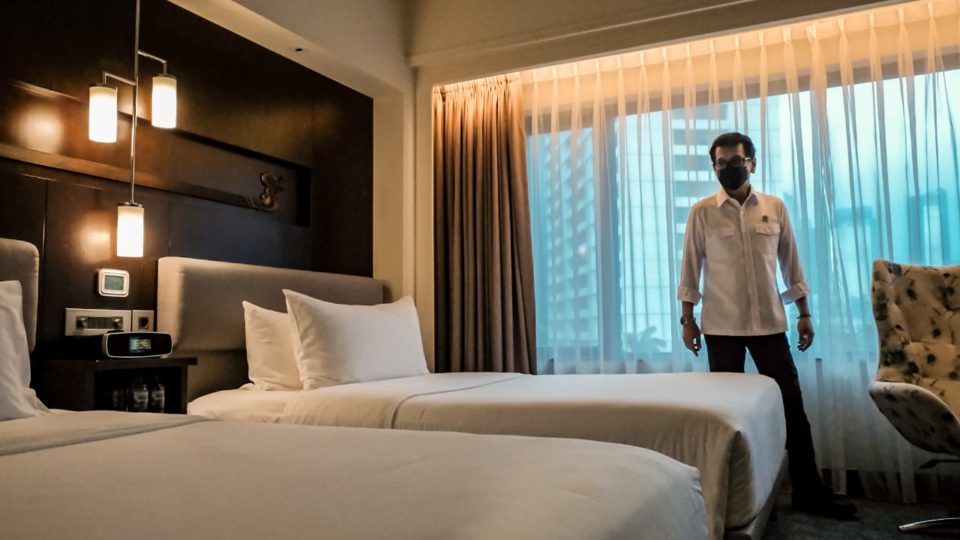In preparation for a world that looks much different after the COVID-19 pandemic, tourism players in Indonesia are planning relevant strategies to adapt to the “new normal,” wherein health and hygiene would play a key role in attracting tourists.
“At this time we will be going back to the principle foundation, which is to build and restore the trust of the global market. The way to achieve this is by preparing health facilities, improving hygiene, and security protocol in every destination,” said Wishnutama Kusubandio, Indonesia’s Tourism and Creative Economy Minister, as quoted by BeritaSatu.
“In the new normal era, marketing will not only be focused on natural beauty or the destinations, but also places that are decent to visit.”
The minister, in a virtual meeting with Indonesia’s tourism players, also explained the importance of having clean toilets and proper sanitation. He said that ongoing developments, such as the Mandalika circuit in West Nusa Tenggara for the world-class MotoGP motorcycle racing event, are being made to meet higher standards.
Hotels and tourist attractions that fulfill those criteria may receive some sort of certification in order to provide guarantee to visitors, he added.
Wishnutama also previously encouraged members of the Indonesian Association of Tours and Travel (ASITA) to seek potential amid the COVID-19 pandemic, especially in terms of going digital.
“Whether you like it or not, the digital era is inevitable, and this is a challenge for ASITA,” he said.
This is in line with the views of Sapta Nirwandar, a tourism expert who highlighted that travel operations will have to undergo some changes after the pandemic. As reported by state news agency Antara, Sapta said that minimal interaction will likely be a part of the health protocols.
Wishnutama said that Bali will kick off what he termed as the BISA movement, an Indonesian acronym that stands for clean, beautiful, healthy and safe.
“Bali will be the destination that starts the BISA movement, with a focus on facing the new normal era. We know that 40 percent of Indonesia’s tourism comes from there,” he said.
Across the archipelago, tourist destinations and smaller-scale accommodations still rely on direct interactions, such as for payment and administrative details. A massive transformation will be required to meet the new standard and may depend on the extent of government or external support to achieve the intended outcome.
According to the World Travel and Tourism Council (WTTC), travel will likely return first to domestic markets with staycations, before it progresses to a country’s nearest neighbors and later expanding across regions and continents. The council also expects younger travelers in the 18-35 age group to be among the first to return to traveling.
Read more news and updates from Bali here.




